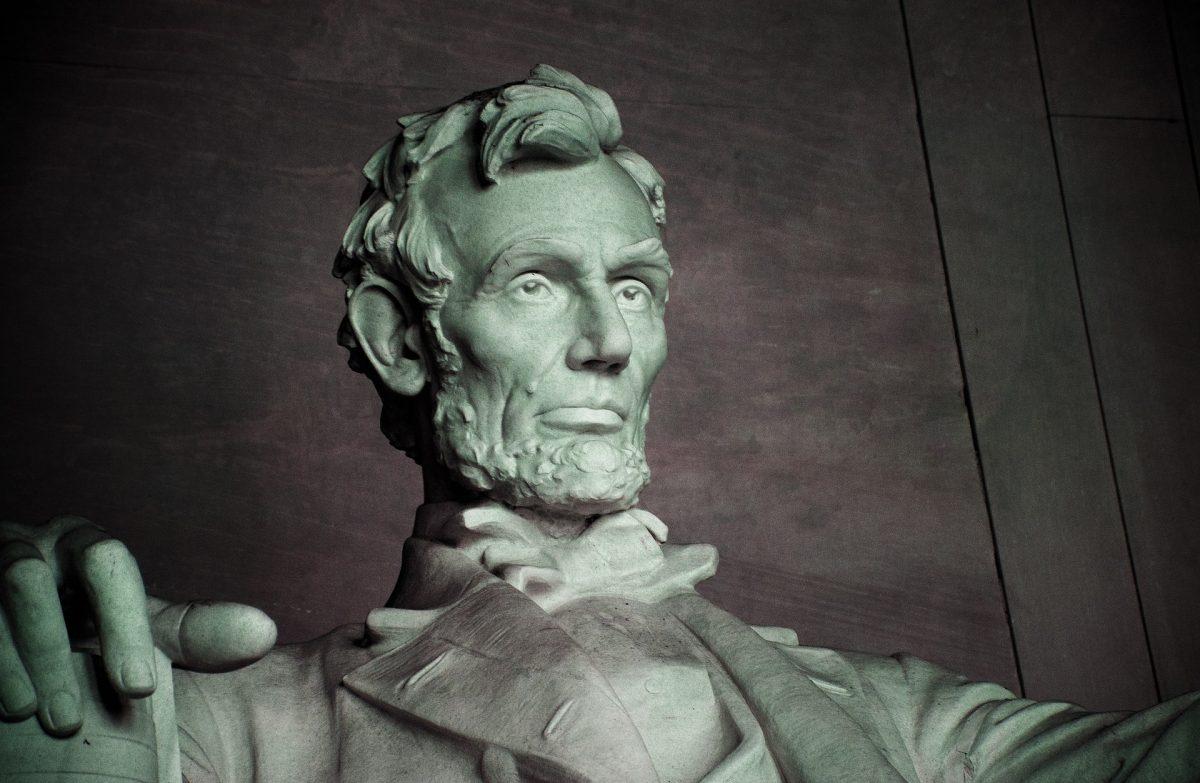In 1954, President Dwight D. Eisenhower addressed the Republican Lincoln Day Dinners. In his speech, he discussed the role of unelected citizens in their government. For Eisenhower, “politics ought to be the part-time profession of every citizen who would protect the rights and privileges of free people and who would preserve what is good and fruitful in our national heritage.” In Eisenhower’s time, he was encouraging an American polity weary of politics to engage in local, state, and federal activism of one kind or another. In 1954, the nation had been through three wars in four decades, two of which were the worst the world had ever known. The American people, in short, had had enough of politics. After the Great Depression and three wars, Eisenhower was coaxing the American people to get more involved, not less. In American today, the opposite is true. President Eisenhower wisely noted that politics should be a part-time profession. In his day, he felt most people did not spend enough time thinking about political affairs. Today, for one to be a part-time politician would mean rolling back one’s hours substantially. It seems many of us have become unelected, unpaid, full-time politicians with a singular focus on the blood sport of partisan contretemps.
Politics are important, but the country is held together by the moments that we share, moments of cultural importance. We have seen events as anodyne as the Oscars and the NFL politicized for partisan purposes. The country needs some room to breathe away from partisan bickering. It seems that during every awards show, while families around the country gather around their televisions with popcorn expecting to see happy faces, whose dreams have just come true, thanking their mothers and fathers. Instead, the faces they see are twisted with rage railing against any number of political issues from President Trump to climate change. Both sides use mere sporting events as political tools while major sporting networks like ESPN indulge the partisanship instead of doing their job, covering sports. In all of these cases, unelected and elected citizens alike are demanding one thing of each individual: pick a side.
The problem takes shape because politics, at its root, is boring. Most of what politics is revolves around the minutiae of bills no one has read, obscure laws only a few people understand, and counting votes. Few people are interested in learning how Mitch McConnell was able to get cloture on the tax reform bill; many people will tune in to see Meryl Streep at the pulpit, rousing the crowd like a preacher. The only problem is that when politics bleeds into culture, people are much more prone to be alienated. Many more people will turn the television off when they feel they are being lectured at than if a dull pundit is unpacking the CBO scores of any given bill. But that is what politics actually is.
When politics becomes a full time job, it spawns the politics of hate. With a peripatetic news and culture cycle, lines in the sand are drawn quickly and without much thought. We can see this lazy instinct in the way a topic like Halloween, once a completely uncontroversial event, becomes politicized. Does your child want to dress like Moana? Apparently this is racial insensitivity of the highest order. Does your child want to dress as Elsa from Frozen? This might also be racially insensitive, according to many online activists. This “heads I win, tails you lose” attitude is puerile and lazy, but it becomes natural when everything must be political.
We find ourselves in a time when everything is political, but politics is boring. The result is intellectual sloth and internecine contempt. The dull soup of daily political debate becomes over-seasoned with cultural issues of little substance until the original becomes unrecognizable. President Eisenhower was right from the start; everyone should be a part-time politician. Activism is an important part of American life, but it must be kept in focus. Full-time politicians are in Washington; the daily work of the part-time politician falls to us. The part-time politicians make the country tick and, as Abraham Lincoln said in his first inaugural address in 1861, “We are not enemies, but friends. We must not be enemies. Though passion may have strained, it must not break our bonds of affection.”
As a senior graduating after this semester, I want to thank everyone for reading.
For questions/comments about this story, email [email protected] or tweet @TheWhitOnline.
























































































































































!["Working with [Dr. Lynch] is always a learning experience for me. She is a treasure,” said Thomas. - Staff Writer / Kacie Scibilia](https://thewhitonline.com/wp-content/uploads/2025/04/choir-1-1200x694.jpg)









































